Climate Change and Quality Seed Production Technology
Contents: Preface. Foreword. 1. Indian seed industry: accomplishment and opportunities. 2. Strengthening of informal seed system for food security. 3. Organic seed production and crop improvement: challenges and opportunities. 4. Climate change and quality seed production: problems and mitigation approach. 5. Recent advances in seed quality enhancement. 6. Recent advances in transgenic purity testing. 7. Bio-safety regulation in transgenic crops. 8. Genetically modified crops: current status and future prospects. 9. Seed production technology of oilseed crops. 10. Hybrid production technology for quality seeds. 11. Seed production technology of pulse crops. 12. Subject index.
Crop variety development and quality seed supply are the two prime elements that provide the foundation to realize higher crop productivity ensuring food security to the nation quality. During the green revolution era, Indian agriculture observed tremendous growth due to the introduction of seeds of high yielding varieties. Despite the substantial institutional framework for seed production, the availability of quality seeds continued to be a major problem for the farmers. As a result, they prefer to rely on farm-saved seeds operating on informal mode. This informal seed system needs to be strengthened as it accounts for 65-70% of all food crops cultivated, ensure dietary diversity in smallholder communities and conservation of biodiversity of locally well-adapted germplasm with greater resilience in the face of climate change and natural disasters. Due to climate change, there is an incidence of frequent substantial differences in rainfall, terminal heat stress, soil salinity, flooding etc. reducing seed yield and quality. Adaptation and mitigation strategies for the seed sector against the drastic effect of climate change includes the development of climate resilience cultivars, changing sowing dates, soil application and seed priming with different micro-nutrients and bio-regulators. Seed quality enhancement technology is vital to sustainable crop production ensuring seed and food security. The good quality seeds have a tremendous potential to increase farm productivity and income of farmers. Organic seed is the starting and most important component for completing the chain of organic seed production. Presently 95% of organic agriculture is based on crop varieties that were breed under conventional breeding approach. Some traits relevant for conventional high input farming may have a negative side effect on organic systems such as increased reliance on high inorganic-N inputs. Breeding for organic agriculture needs specific strategies that utilize genetic diversity with adaptation to low input environments without any devastating effect on crop yield and One of the critical components for achieving crop productivity is the availability of quality seeds lot with maximum genetic purity. Currently farming community is facing extraordinary hardship due to failure of crops because of the entry of spurious seeds into the market. In the present and future, more seed varieties containing transgenic traits will be marketed alongside conventional seed varieties. Because of this development, it is necessary to confirm the absence of transgenic traits in the traditional organic seed lot. To overcome this problem, modern technologies for GMO testing based on PCR based detection, microarrays technology, protein-based detection viz., ELISA, Western blotting, immunostrips has been standardized and employed worldwide. The bio-safety implications of the field release of transgenic plants have attracted global attention. The potential environmental impacts of any transgenic crops will vary depending on this crop’s characteristics, the ecological system where it is being grown, its management and regulatory mechanism. This chapter focuses on the status of the transgenic crop in India and world, its associated risk on human health environment, non- target organisms and regulatory mechanism of safety assessment of transgenic crops in India. Cotton, maize, jowar, bajra, castor, sunflower, pulses and rice are the important field crops where hybrid technology has been exploited on a commercial scale. Pulse crop faces a problem of low productivity, and it will be addressed through the commencement of hybrid production technology. Hybrid seed production technology of pigeon pea based on genetic male sterility and cytoplasmic-genetic male sterility is being popularized in India due to yield enhancement. Hybrid technology has a tremendous potential which needs further exploration and expansion to different crops for achieving a quantum jump in productivity. This book has been organized with the available information on techniques of seed production and seed quality enhancement, climate change and its adaptation and mitigation strategies. The book will be of immense value for seed production specialists, teachers, students, researchers and policymaker.
Get it now and save 10%
BECOME A MEMBER

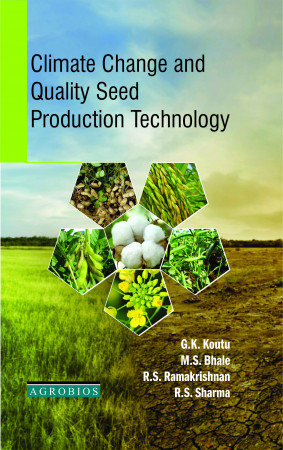
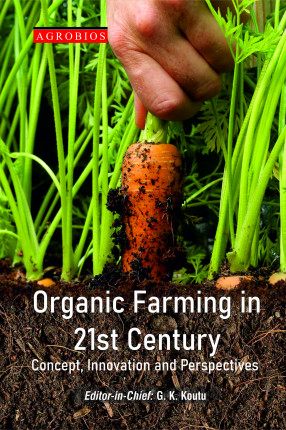
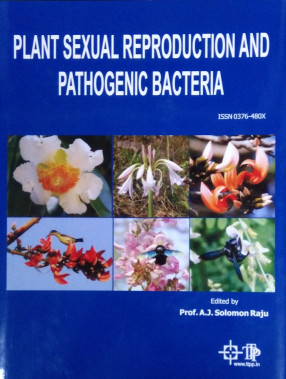
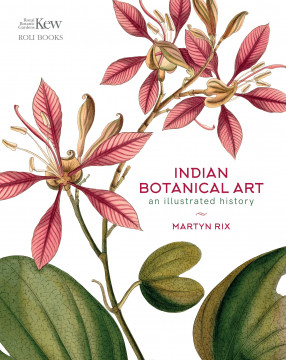
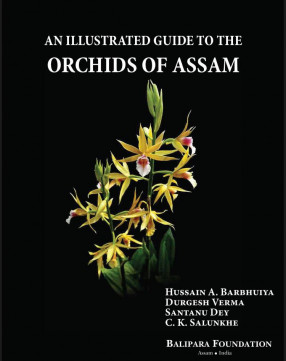
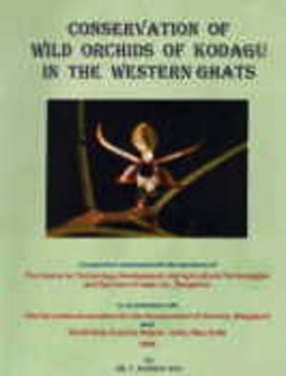

Bibliographic information
G K Koutu
Radheshyam Sharma